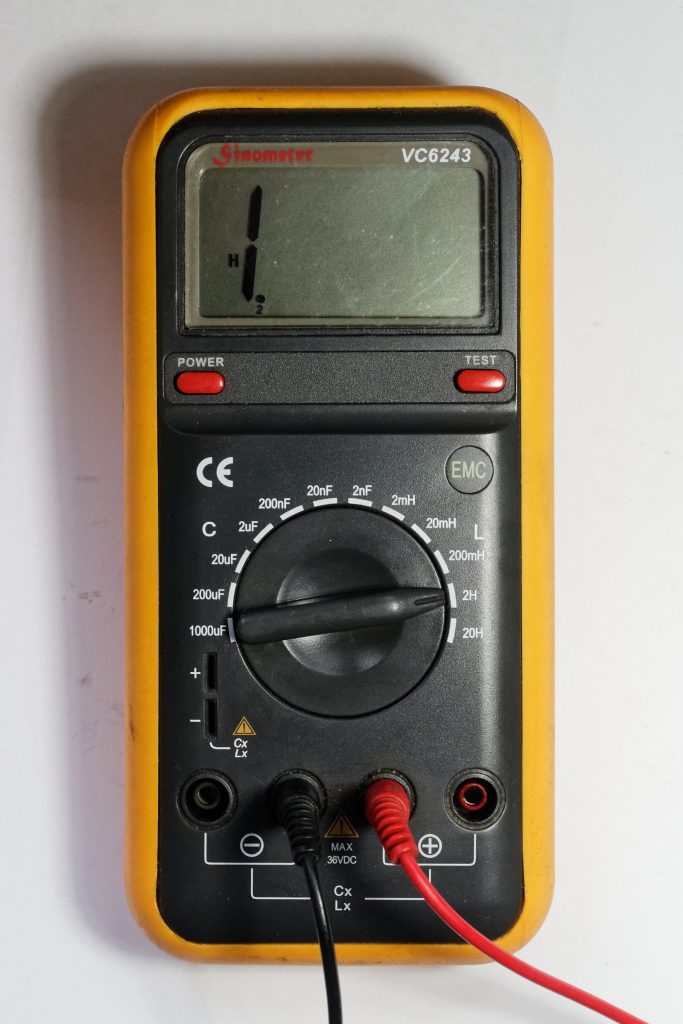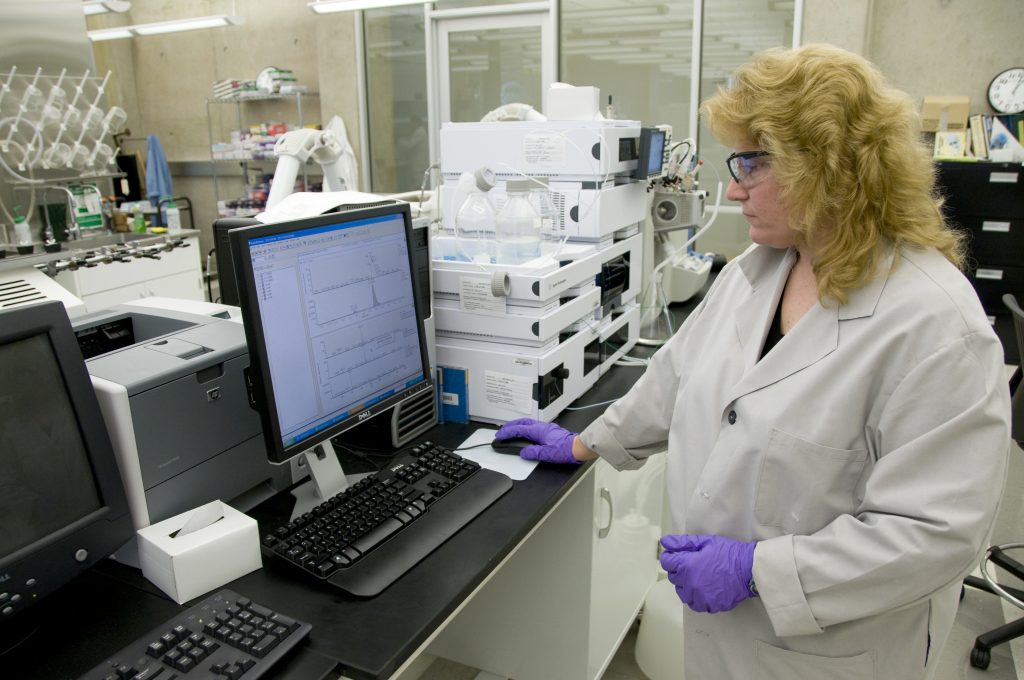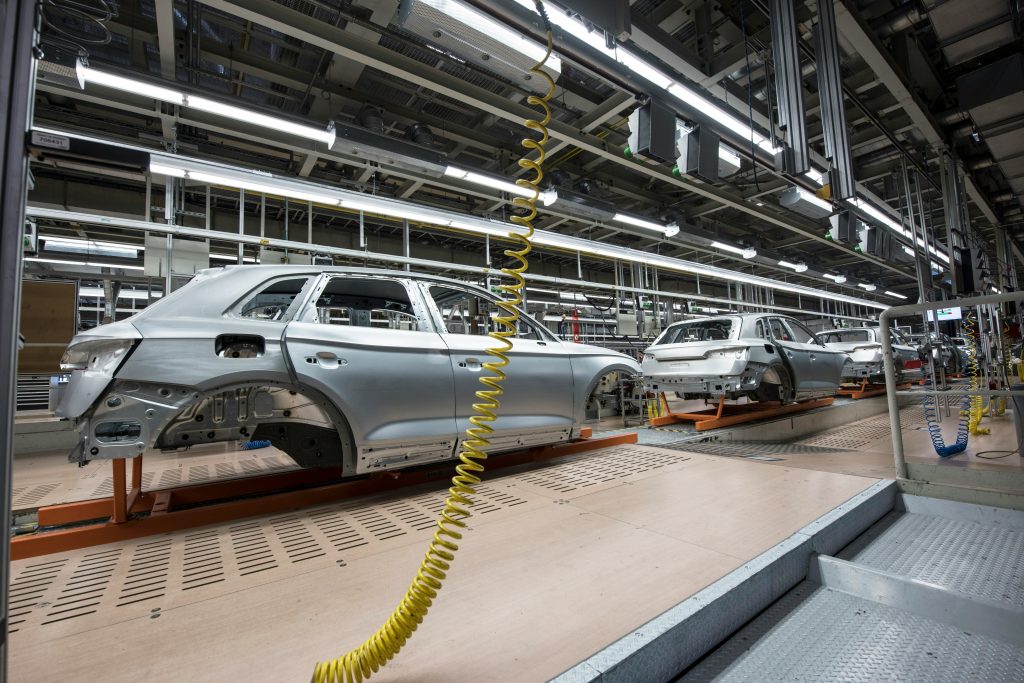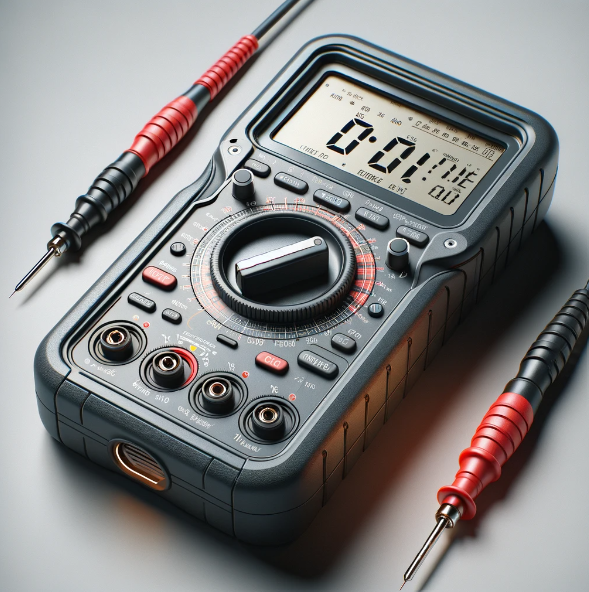In the fast-paced world of manufacturing, ensuring the quality and reliability of electronic components is paramount. Production testing serves as a critical checkpoint, identifying defects and non-compliance before products reach the market. Among the arsenal of tools available for this purpose, LCR meters stand out for their specific role in assessing the fundamental properties of electronic components. This blog post delves into how LCR meters streamline production testing- enhancing efficiency and ensuring that only the highest quality products make it off the assembly line.

Understanding LCR Meters
At their core, LCR meters are sophisticated instruments designed to measure the electrical properties of components and materials. They evaluate inductance (L), the property of a conductor to resist changes in current flow; capacitance (C), the ability of a system to store charge; and resistance (R), the opposition to current flow. By applying a known frequency and voltage, LCR meters accurately determine these parameters, providing insight into the component’s performance in a circuit.
The principle behind LCR meters hinges on the response of an electrical component to an applied AC signal. Depending on the component’s characteristics, the signal will undergo changes in amplitude and phase. LCR meters detect these changes and, through complex calculations, derive the component’s L, C, and R values. This information is crucial for manufacturers to ensure components meet the required specifications and perform reliably in their intended applications.
Importance of LCR Meters in Production Testing
Ensuring Component Quality and Reliability
The primary objective of production testing is to ensure that every component meets the stringent quality and reliability standards expected by manufacturers and consumers alike. LCR meters play a crucial role in this process by providing precise measurements of inductance, capacitance, and resistance. These parameters are vital for verifying that components will perform as intended in their final applications. For example, a capacitor with incorrect capacitance values could lead to malfunctioning electronic circuits, leading to product failures.

Meeting Industry Standards and Compliance Requirements
Many industries have specific standards and regulations that products must comply with before they can be marketed and sold. LCR meters enable manufacturers to adhere to these standards by ensuring components meet specified electrical properties. This compliance is not just about avoiding legal issues; it’s also about maintaining brand reputation and consumer trust.
Reducing Production Failures and Warranty Claims
By identifying components that fail to meet the required specifications, LCR meters help in minimizing production failures. This early detection saves costs associated with rework, scrap, and warranty claims. In the long run, the use of LCR meters contributes to a more efficient production process, reducing wastage and enhancing overall product quality.

Streamlining Production Testing with LCR Meters
Automated Testing and Data Logging for Efficient Quality Control
One of the significant advantages of modern LCR meters is their ability to integrate with automated testing systems. This integration allows for rapid testing of components in high-volume production environments. Automated data logging ensures that every measurement is recorded, providing a comprehensive quality control trail. This automation not only speeds up the testing process but also reduces human error, leading to more consistent and reliable quality control.
Integration with Production Line Systems for Real-Time Monitoring
LCR meters can be integrated directly into production line systems, enabling real-time monitoring of component quality. This integration facilitates immediate feedback, allowing for quick adjustments to the manufacturing process if deviations from standard parameters are detected. Real-time monitoring helps maintain continuous production flow and reduces downtime associated with post-production testing.
High-Speed Measurements and Its Impact on Production Throughput
The latest LCR meters are designed for high-speed measurements, a critical feature for maintaining production throughput. The ability to conduct rapid tests without compromising accuracy means that more components can be tested in less time. This efficiency is crucial for keeping up with the demands of mass production, ensuring that production schedules are met without sacrificing quality.

Choosing the Right LCR Meter for Production Testing
When it comes to integrating an LCR meter into a production testing environment, not all meters are created equal. The selection should be based on several key features, tailored to the specific needs of the production line:
Measurement Accuracy: Precision is paramount. The chosen LCR meter must offer high accuracy to ensure that component measurements are reliable and consistent with quality standards.
Speed: The meter should be capable of quick measurements without sacrificing accuracy, to keep up with the pace of the production line.
Frequency Range: Depending on the types of components being tested, the meter must support an appropriate frequency range to accurately measure the intended parameters.
Ease of Integration: For automated production lines, the ability of the LCR meter to integrate seamlessly with existing systems is crucial for streamlining the testing process.
Durability and Reliability: The meter should be robust enough to operate consistently in a production environment, where it may be used extensively.
Ultimately, the choice of an LCR meter should be guided by the specific requirements of the production line, including the types of components being tested, the volume of production, and the desired level of automation in the testing process.
LCR meters are indispensable tools in the realm of production testing, offering a blend of accuracy, efficiency, and integration capabilities that can significantly enhance the quality control process. By ensuring components meet strict quality standards, these meters play a vital role in reducing production failures, maintaining compliance with industry regulations, and ultimately safeguarding the reputation of manufacturers.
As manufacturing processes become more sophisticated and the demand for high-quality electronic components continues to rise, the importance of effective production testing has never been more apparent. Investing in the right LCR meter is not just about improving production efficiency; it’s about committing to the highest standards of quality and reliability in the products offered to consumers.